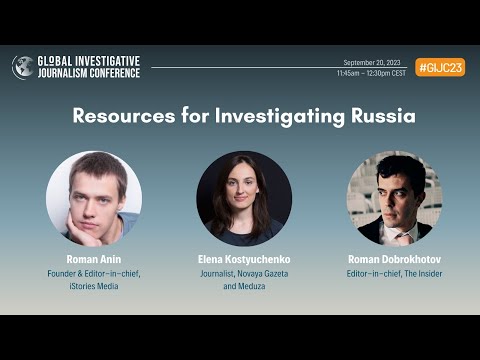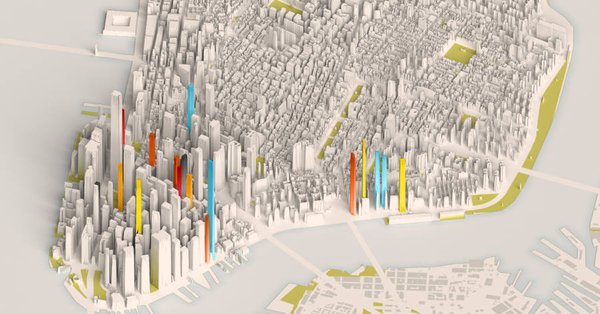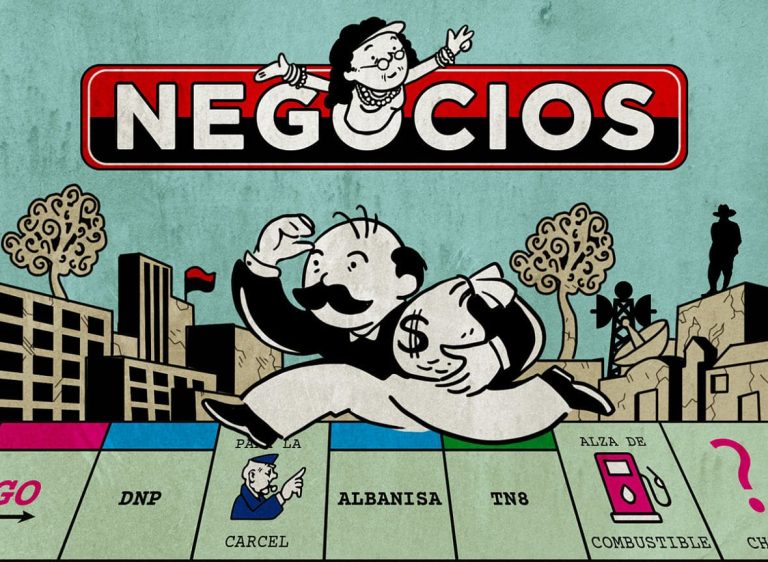
Investigating the Extractives Industry in Africa
Africa is home to a substantial amount of the global mineral wealth. The continent, according to the Natural Resource Governance Institute, holds about 30% of the world’s oil, gas, and mineral resources. This includes up to 92% of the world’s platinum and chromium reserves, 56% of cobalt, 54% of manganese, and 40% of its gold. Africa also has 9.5% of global crude oil reserves and 8% of gas reserves.
Given the immense mineral riches in Africa, the extractive industry on the continent is, naturally, a global focal point. Many of the brutal and deadly wars in Africa are linked to the battle for control of these extractive resources.
However, the most impactful mining activities — and their adverse ripple effects — often occur in remote areas of Africa, which have access challenges and significant security risks, resulting in a dearth of accountability reporting.
GIJN’s webinar was designed to equip investigative journalists with the knowledge and tools to enhance their watchdog reporting on Africa’s mining sector. In this online workshop, GIJN brought together three experts to discuss the tips and tools for investigating the extractives industry, where to find resources, and areas for possible investigation.
Elie Kabore is an investigative journalist in Burkina Faso with 17 years of experience in investigative journalism. A publishing director at the online newspaper Mines Actu Burkina, he specializes in reporting about the mining sector. Kabore is the author of several investigations into corruption, money laundering, and illicit finance, and is a trainer for the Norbert Zongo Unit for Investigative Journalism in West Africa (CENOZO).
Alexandre Brutelle is a director and one of the co-founders of the Environmental Investigative Forum (EIF), a consortium of watchdog journalists and experts on the environment and climate change around the world. Alexandre, who coordinated that collaborative effort that led to the development of the #MineAlertAfrica tool, is an investigative journalist, mentor, and trainer who specializes in cross-border collaboration and environmental issues.
Nafi Chinery is the Africa director of the Natural Resource Governance Institute (NRGI). She builds and coordinates relationships between governments, civil society actors, and communities, focused on changing narratives about the future of the oil, gas, and mining sectors. She also co-leads NRGI’s program on just energy transition. She will speak, among other things, about her organization’s guide to covering extractives.
The moderator was Asha Mwilu, Founder and Executive Director of Debunk Media.









